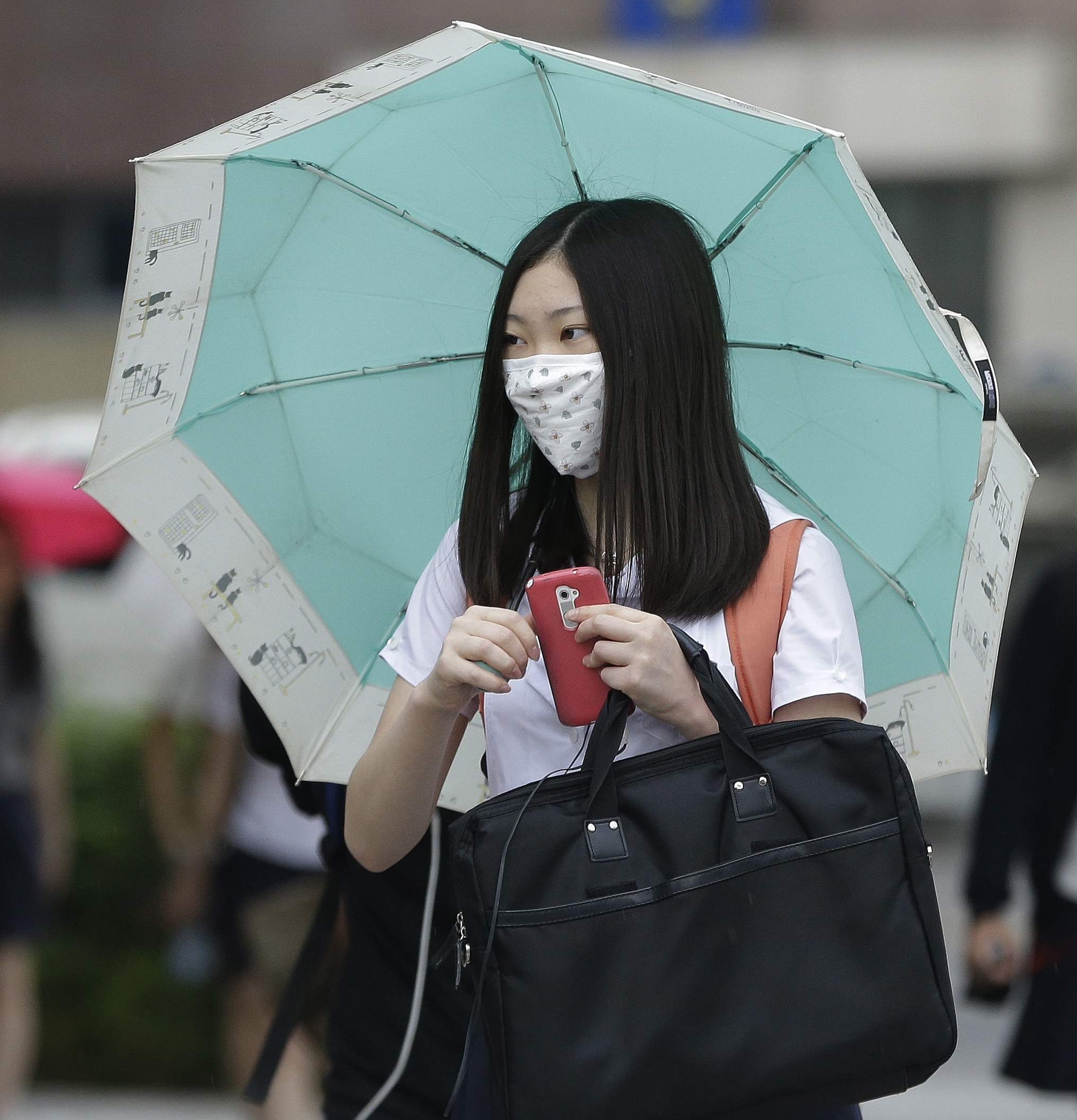More reason for calm than panic in South Korea’s MERS scare
Sales of surgical masks surge amid fears of a deadly, poorly understood virus. Airlines announce “intensified sanitizing operations.” More than 1,100 schools close and 1,600 people — and 17 camels in zoos — are quarantined. The current frenzy in South Korea over MERS, or Middle East Respiratory Syndrome, brings to mind the other menacing diseases to hit Asia over the last decade — SARS, which killed hundreds, and bird flu. Then, as now, confusion ruled as the media harped on the growing public panic, and health care workers and government officials struggled to understand and contain the diseases, sometimes downplaying the danger, sometimes inadvertently hyping it. While it’s still early and MERS is a scary disease with no vaccine and a high death rate, there are so far more reasons for calm caution than for panic.
It’s like using a hammer to push in a thumbtack.
Kim Sung-han, a professor at the Seoul-based Asan Medical Center
Some experts believe the government should have done more initially to convince the public that many of their fears are unwarranted. Many people here, however, are in no mood to trust their public officials. The MERS scare follows the sinking of a ferry that killed more than 300 people last year and was widely blamed in part on official incompetence. Despite media warnings about the virus “spreading” in South Korea, most of the cases are linked to a single hospital, as is a Korean man diagnosed in China. There’s no evidence yet in South Korea “of sustained transmission in the community,” the WHO reports.

Health MERS